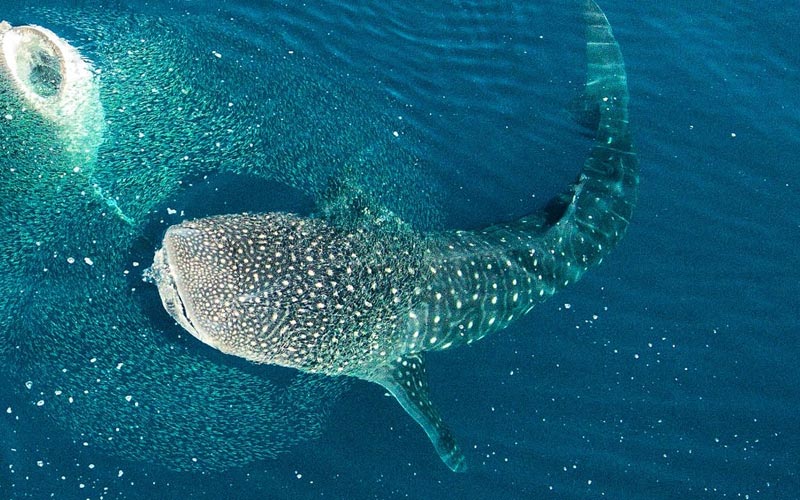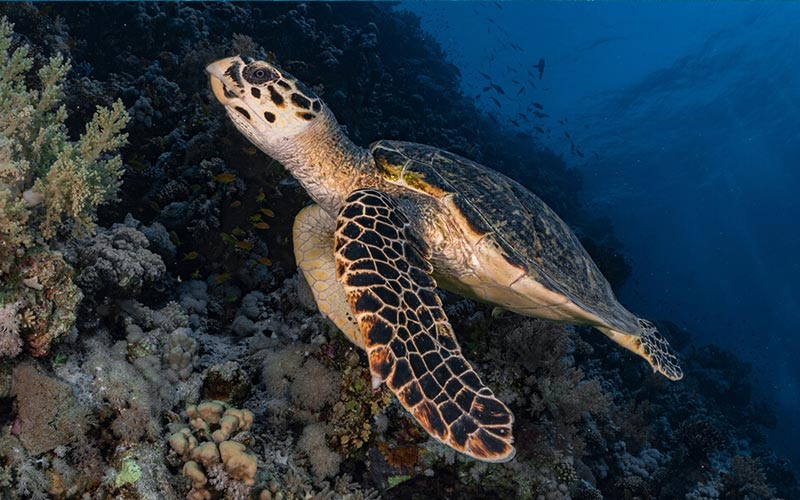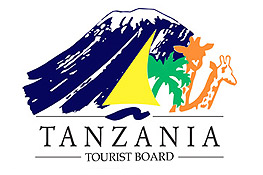Stay Safe from Marine Wildlife in Tanzania
Understanding Tanzania’s Marine Wildlife
Tanzania’s waters are home to a wide variety of marine species, including dolphins, sea turtles, sharks, stingrays, and an array of colorful fish and corals. While these creatures are fascinating to observe, some can pose risks if not respected or approached correctly. Being aware of the potential dangers and knowing how to act around these animals can greatly reduce the risk of accidents.- Popular Marine Species in Tanzanian Waters
- Dolphins and Whales: Often seen near Zanzibar and Mafia Island, these mammals are usually friendly but should be observed from a distance.
- Sea Turtles: Frequently found in coral reefs, sea turtles are generally harmless but should not be touched.
- Sharks: These include species like whale sharks, which are generally safe to swim with when guided properly.
- Stingrays and Jellyfish: Common in shallow waters, they can pose a threat if accidentally stepped on or touched.
Preparing for Marine Activities
- Essential Items for Safety
- Protective Clothing: Rash guards, water shoes, and gloves to prevent stings and cuts.
- Reef-Safe Sunscreen: To protect both your skin and the delicate marine ecosystems.
- First Aid Kit: Including items like vinegar for jellyfish stings, bandages, and antiseptic wipes.
Choosing the Right Time and Place
Tanzania has certain seasons and locations that are safer for marine activities. The dry season, from June to October, generally offers calmer seas and clearer waters, reducing the likelihood of dangerous encounters. Opt for popular tourist spots with established safety protocols, such as Mafia Island or Zanzibar’s Mnemba Atoll, where you can explore with peace of mind.- Best Seasons for Safe Marine Exploration
- Dry Season (June to October): Calmer seas and better visibility.
- Avoid Rainy Season (March to May): Rougher waters and lower visibility increase risks.
- Recommended Locations
- Mafia Island: Known for its gentle whale sharks.
- Mnemba Atoll, Zanzibar: Ideal for snorkeling with dolphins and colorful fish.
Safety Tips for Interacting with Marine Wildlife
When it comes to marine wildlife, maintaining a respectful distance is essential. Avoid feeding or touching animals, as this can provoke unpredictable behavior. Not only is this safer for you, but it also protects the wildlife from becoming dependent on human interaction, which can disrupt their natural behaviors.- Key Safety Practices
- Observe from a Distance: Keep at least 5 meters away from larger marine animals.
- Do Not Feed Wildlife: This can alter their natural behaviors and diets.
- Avoid Touching: Many marine creatures are sensitive to touch and can be harmed or become aggressive.
Specific Safety Guidelines for Common Marine Species
- Sharks
- Shark Safety Tips
- Avoid Wearing Shiny Jewelry: It can resemble fish scales and attract sharks.
- Stay in Groups: Sharks are less likely to approach large groups of people.
- Do Not Swim with Open Wounds: Sharks can detect blood from a distance.
- Jellyfish
- Jellyfish First Aid
- Rinse with Vinegar: Helps to neutralize jellyfish toxins.
- Remove Tentacles Carefully: Use tweezers or the edge of a credit card.
- Do Not Rub the Area: This can release more toxins.
- Stingrays
- Stingray Safety Tips
- Shuffle Your Feet: To avoid stepping directly on a stingray.
- Stay Calm if Stung: Soaking the wound in hot water can help ease pain and neutralize toxins.
- Sea Urchins
- Sea Urchin First Aid
- Remove Spines with Care: Use tweezers, being cautious not to break them.
- Soak in Vinegar: To dissolve any remaining spines.
- Monitor for Infection: Keep the wound clean and seek medical advice if necessary.
- Sea Snakes
- Sea Snake Safety Tips
- Do Not Touch or Provoke: Sea snakes are shy and will not bite unless threatened.
- Seek Immediate Medical Help if Bitten: Sea snake bites require urgent medical care due to potent venom.
Diving and Snorkeling Safety
- Pre-Dive Checklist
- Check Equipment: Ensure masks, snorkels, and tanks are in good condition.
- Buddy System: Always dive with a partner.
- Know Your Limits: Stick to depths and environments within your skill level.
Boating and Water Sports Safety
Boating in Tanzania’s waters offers spectacular views of marine life, but it’s important to follow guidelines to avoid accidental collisions with animals. Slow down in areas where wildlife is known to congregate and keep an eye out for signs indicating the presence of sensitive species. For water sports like kayaking or paddleboarding, stay clear of feeding areas and coral reefs to avoid disturbing marine habitats.- Boating Best Practices
- Follow Speed Limits: Especially in wildlife zones.
- Avoid Polluting the Waters: Dispose of trash properly and avoid spilling fuels or oils.
- Water Sports Precautions
- Stay Visible: Wear bright clothing and use flags if required.
- Respect Wildlife Zones: Avoid areas marked for wildlife protection.
First Aid and Emergency Response
In case of an injury from marine wildlife, having basic first aid knowledge can be a lifesaver. For minor injuries like jellyfish stings or sea urchin pricks, immediate first aid treatment can prevent complications. For more serious encounters, such as a shark bite or sea snake bite, immediate medical attention is essential. Familiarize yourself with local emergency contacts and the nearest medical facilities in the area.- Emergency Contact Information
- Local Emergency Services: Dial the local emergency number for rapid response.
- Nearest Medical Facilities: Research and note down the closest hospital or clinic.
Environmental Awareness and Conservation
While personal safety is paramount, it’s equally important to consider the well-being of marine wildlife. Avoid actions that could harm the environment, such as littering or stepping on coral reefs. By minimizing your impact, you help preserve Tanzania’s rich marine biodiversity for future generations.- How to Minimize Impact
- Avoid Touching Coral: Corals are living organisms and can be damaged by human contact.
- Do Not Collect Shells or Marine Life: These are crucial parts of the ecosystem.
Legal and Ethical Considerations
Tanzania has laws in place to protect its marine wildlife, including restrictions on fishing, collecting shells, and interacting with certain species. Abide by these regulations to avoid hefty fines and contribute to conservation efforts. Ethical tourism not only ensures your safety but also promotes the well-being of marine ecosystems.- Key Regulations to Follow
- No Fishing in Protected Areas: Respect marine reserves and protected zones.
- Prohibited Items: Avoid using harmful sunscreens and single-use plastics.
Exploring the marine wonders of Tanzania is a thrilling experience, but it comes with responsibilities. By respecting wildlife, adhering to safety guidelines, and staying prepared, you can enjoy your underwater adventures safely. Remember, the goal is to observe and appreciate marine life without disturbing their natural habitat.
FAQs
1. What should I do if I encounter a shark while swimming? Remain calm, avoid sudden movements, and slowly back away without splashing. Sharks are usually not interested in humans and will often swim away. 2. How can I protect myself from jellyfish stings? Wear protective clothing like a rash guard and be mindful of jellyfish warnings in the area. If stung, rinse the area with vinegar or salt water and seek medical help if needed. 3. Are there any specific marine areas in Tanzania to avoid? Stick to popular diving spots with safety protocols in place. Avoid remote areas with limited access to emergency services, and be cautious of strong currents and deeper waters. 4. What is the best way to treat a sea urchin puncture wound? Remove any visible spines carefully, soak the area in vinegar, and keep the wound clean to prevent infection. Seek medical attention if the pain persists or if there are signs of infection. 5. Can I swim with dolphins safely in Tanzania? Yes, but always do so with a licensed tour operator who follows ethical guidelines. Avoid touching or feeding the dolphins, and respect their space for a safe and enjoyable experience. For comprehensive planning, explore the following guides on our site: Visit our page for expert advice and detailed tips to make the most of your Tanzanian adventure.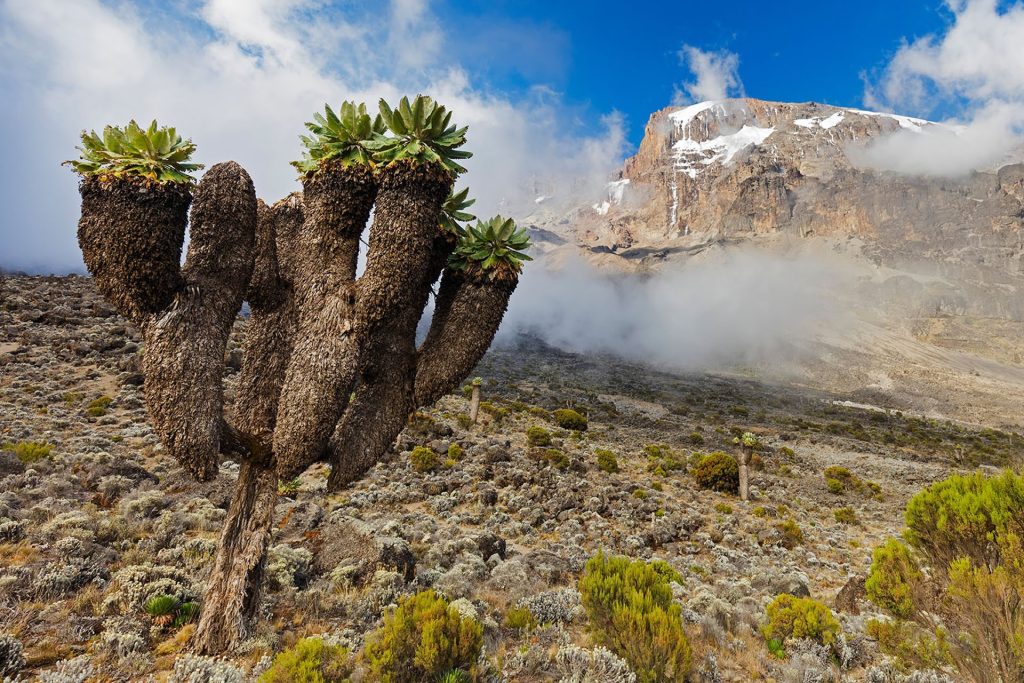
Kilimanjaro Climb
Book Hiking tours to Mount Kilimanjaro, The Roof of Africa, Best Prices Guarantee!
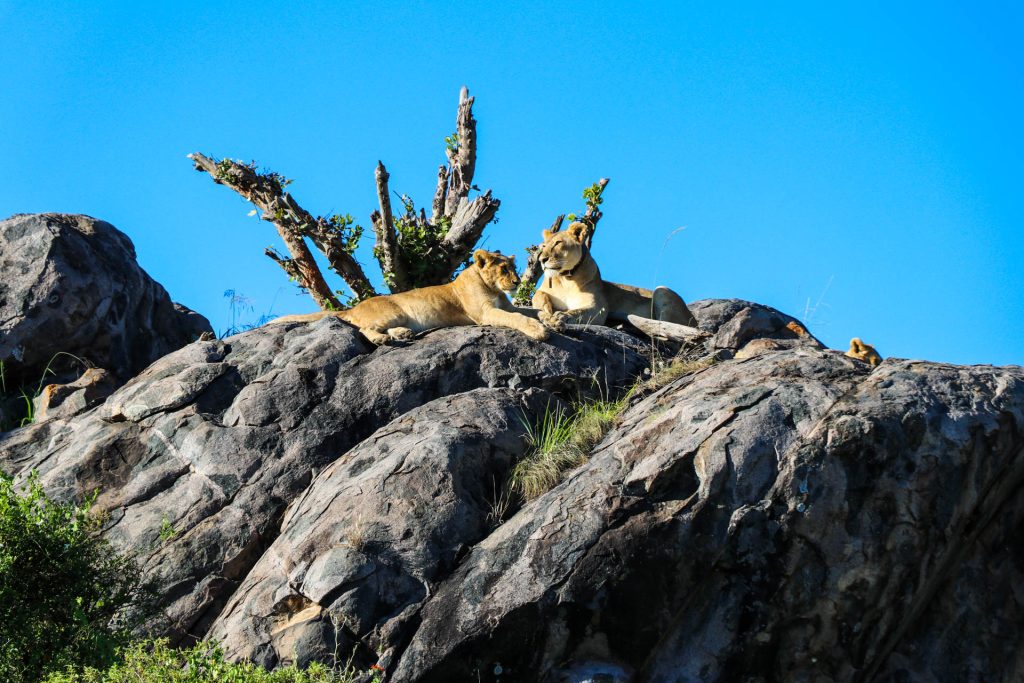
Tanzania Safari Vacations
Explore our Unforgettable Tanzania Budget, Mid-Range & Luxury Wildlife Safari.
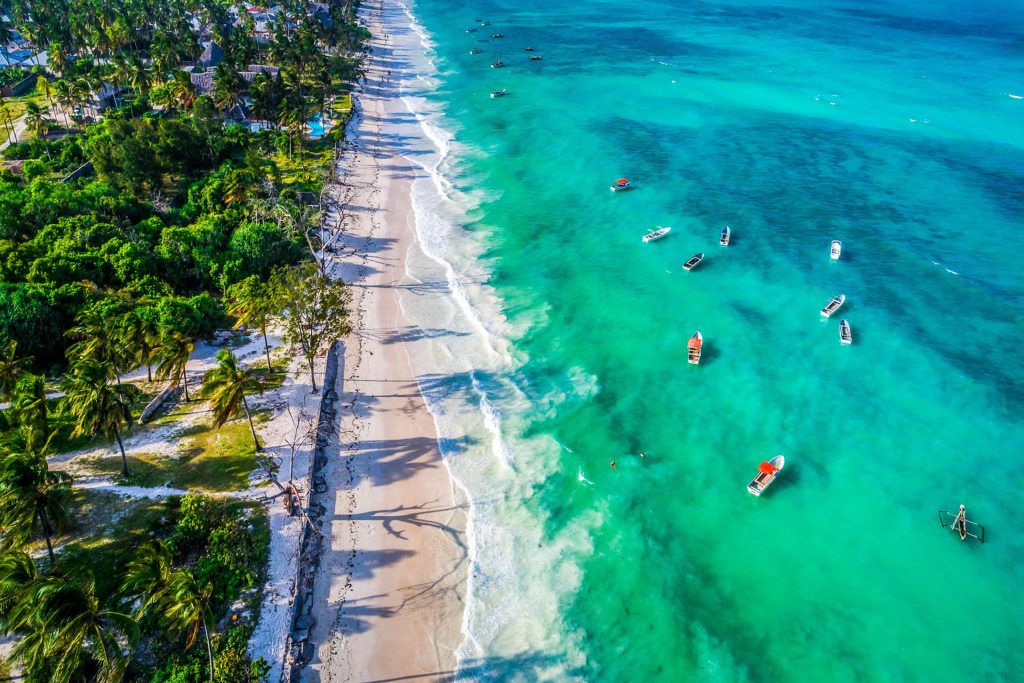
Beach Excursions
Visit Zanzibar Island and Coastal Tanzania for beach tours before and after a climb or safari.
ABOUT BOKER ADVENTURE…
Boker Adventure is a Tanzania Tours company located in Moshi town along the slope of Mount Kilimanjaro committed to offering local experiences such as Mount Kilimanjaro climbing experiences, Tanzania Wildlife Safari Experiences, Tanzania cultural tourism, bike tours, honeymoon, Air Ticketing and beach holidays. At Boker Adventures, we offer you a unique and comprehensive selection of Tanzania Private tours that are tailor made to suit your schedule and budget.
Please give us an opportunity to organize your African dream holiday!.

